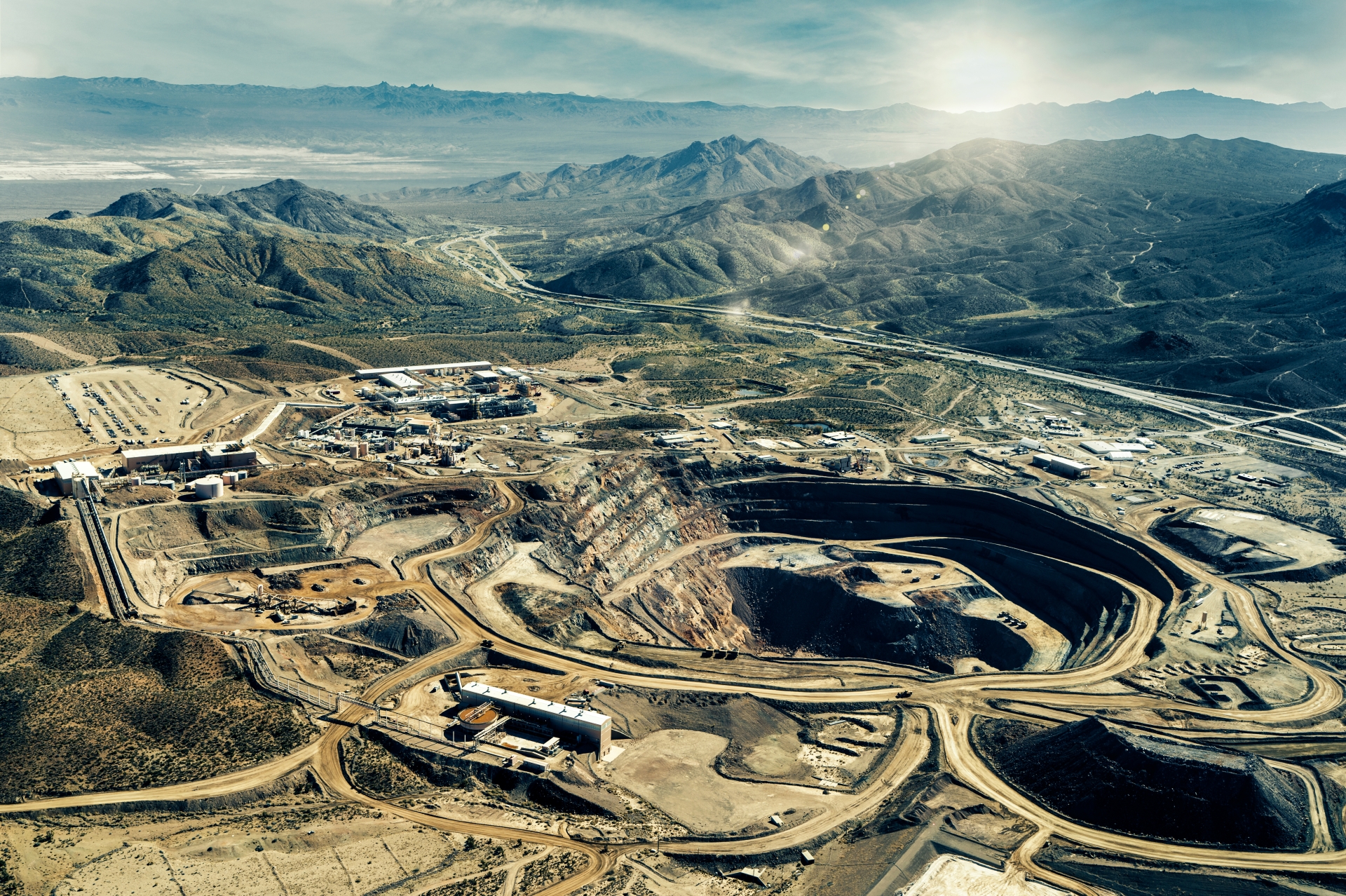The US government has purchased a valuable mine. China's plans will not come to fruition.

- Rare earth elements are key to new technologies and military applications.
- The United States has become dependent on China in this regard and now wants to change that.
- The Mountain Pass mine is one of the most important in the entire country.
Although we're located in southeastern California, we're closer to the casino city of Las Vegas than to Los Angeles. In this semi-arid area lies the Mountain Pass Mine, currently one of the most valuable in the United States.
Its value stems from the fact that the open-pit facility exploits the continent's largest deposit of rare earth elements . Importantly, it supplies over ten percent of the world's production of these elements. Currently, it is virtually the only large-scale producer of these valuable elements in the entire country.
And it was through the investment in MP Materials that the US military gained control over it.

The Department of Defense became the largest shareholder of MP Materials after acquiring $400 million in preferred stock.
The investment is part of a broader investment package and long-term strategic commitments from the federal government, the company said on Thursday.
After news of the deal became public, shares of the Nevada-based company rose more than 53 percent, and its market capitalization exceeded $7.2 billion.
A plant with quite a long history that has already gained a new lifeWhat's so special about the Mountain Pass mine? The deposit it mines contains 8 to 12 percent rare earth oxides, primarily contained in the mineral bastnäsite.
It's worth noting that the mine itself was established to exploit a gold deposit, but geologists—as part of their research—discovered an anomaly in the form of high radioactivity . Initially expected to contain a uranium deposit, the more significant finding ultimately proved to be the presence of large amounts of another element, europium.
For several decades, it was the largest rare earth mine in the world. However, at the end of the last century, the plant was closed. The first reason was a toxic leak, and the second was competition from the Chinese and higher production costs.
However, after a dozen or so years, interested parties emerged to revive the plant. This was facilitated by new element extraction technology, which was not only more efficient but also less harmful to the environment. Although the investor had since gone bankrupt, new interested parties emerged. Ultimately, in January 2018, thanks to the support of investment funds, MP Materials resumed its mining and refining operations.
A strategic mine for the national security of the United StatesAnd now it's harvest time for investors. They've risked a lot, but the rewards could be enormous.
As early as 2022, the Department of Defense began participating in efforts to restore the nation's light rare earth element (LREE) processing capacity. It also partially funded efforts to restore heavy rare earth element (HREE) processing capacity to mitigate supply chain risks.
Now MP Materials, the only domestic producer of rare earth elements – essential for the production of smartphones, jet engines, electric vehicles and defense systems – plans to build a second production plant with DO support.
The plant, dubbed “Plant 10X,” is expected to begin operations in 2028 and increase the company’s total production capacity to 10,000 tons per year (in oxide form).
The most important thing for DO is the production of two elements at the plant: neodymium (used, among other things, to produce the strongest known permanent magnets) and praseodymium (also used to produce magnets and some special types of glass).
Since both elements are used in the production of military electronics and components for missile weapons, among other things, access to them is crucial for Washington.
The government's decision is dictated by China's diminishing credibility as an economic partner. Beijing uses rare earth elements as a tool of pressure – a similar situation with gas and Russian actions. It cuts off supplies under any pretext to those who disagree with Chinese policies. This is what it did to Japan, for example, when it arrested a Chinese fishing boat poaching in imperial waters.
Adamas Intelligence analysts see the MP Materials agreement with the Pentagon as a positive boost for the industry outside of China. It is expected to lead to the introduction of floor prices for key rare earth elements , supported by tariff systems to ensure stability in global markets.
Because, as experts say, the elements may be a bit more expensive, but they will be available, while in the case of Beijing this is mainly determined by political factors.
wnp.pl




